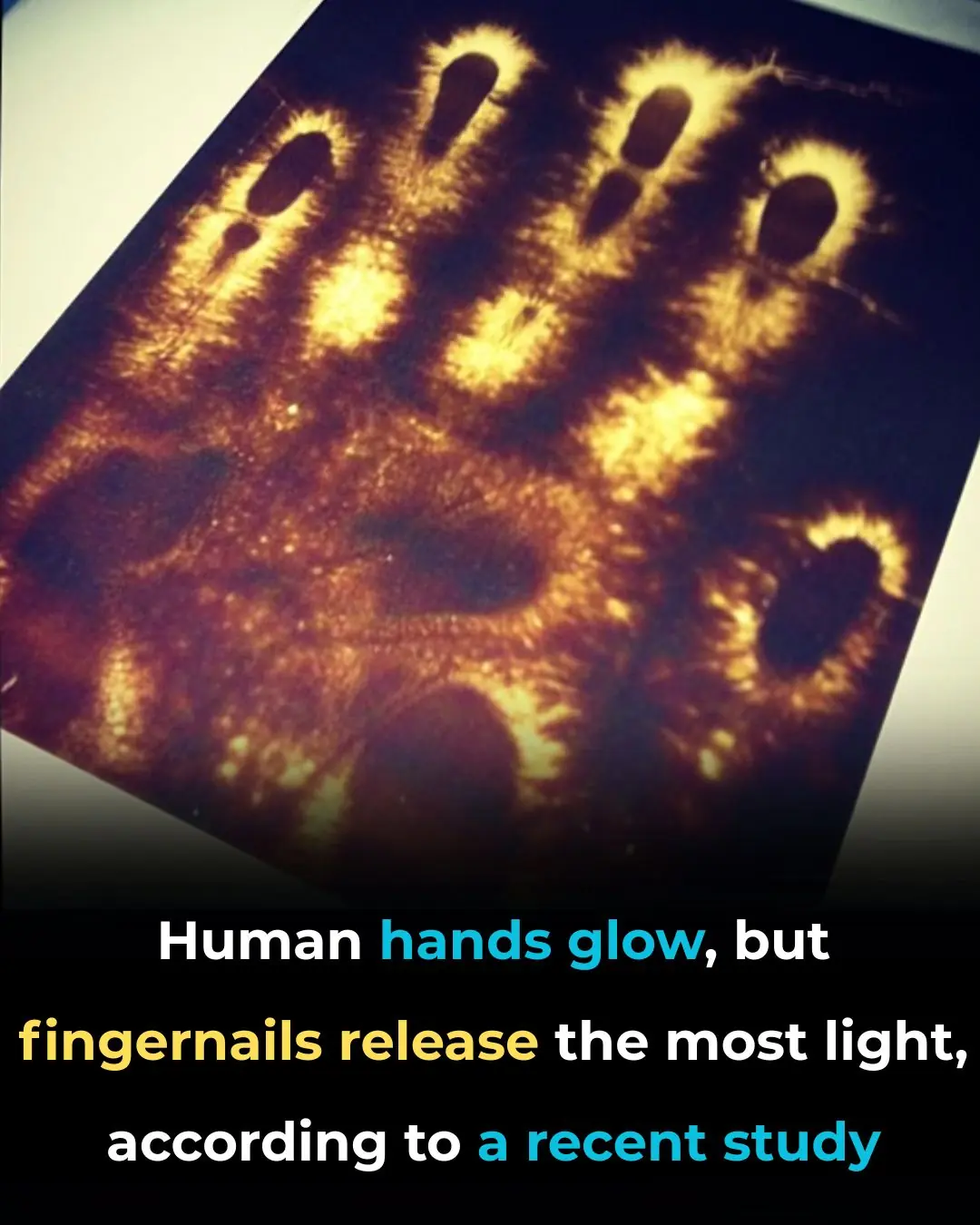
Man Who Visited Every Country Without Flying Names the Worst Spot
Thor Pedersen, a Danish adventurer, embarked on an extraordinary journey to visit every country in the world without flying. Starting in 2013, he aimed to complete this feat in four years, but unforeseen challenges extended his voyage to nearly a decade. Throughout his travels, Pedersen relied on ground and sea transportation, navigating through diverse terrains and cultures. His mission, dubbed “Once Upon a Saga,” was not just about setting records but also about experiencing the world in a unique and sustainable way. Pedersen’s journey was marked by resilience, adaptability, and a deep appreciation for human connections. His story serves as an inspiration for those seeking to explore the world beyond conventional means.
Navigating the World Without Wings
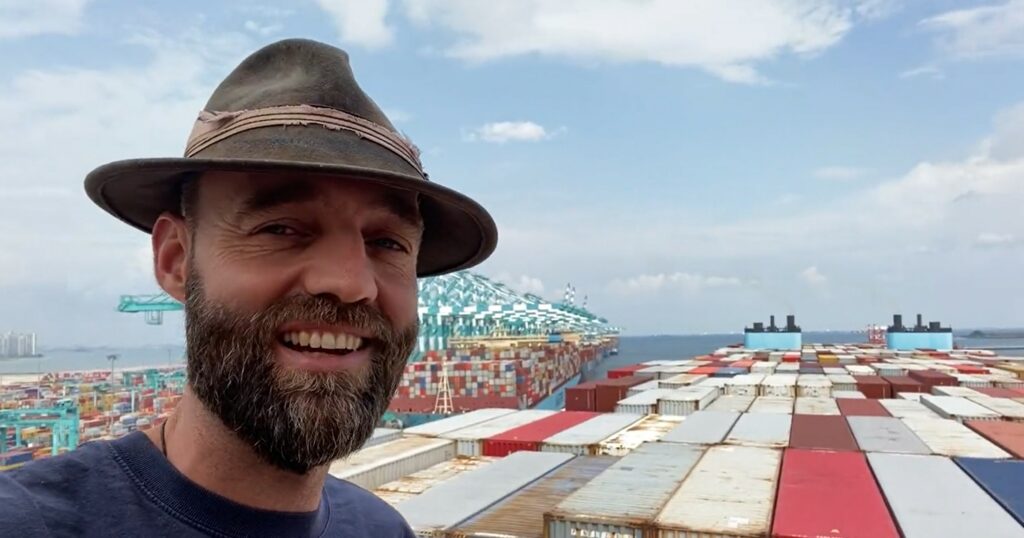
Pedersen’s commitment to avoiding air travel meant embracing alternative modes of transportation, including cargo ships, buses, trains, and even hitchhiking. This approach allowed him to immerse himself in local cultures and witness the gradual transitions between regions. Traveling without flying presented logistical challenges, such as securing visas and coordinating with shipping schedules, but it also offered unparalleled experiences. Pedersen’s journey emphasized the value of slow travel and the richness of overland exploration. His encounters with diverse communities highlighted the universal kindness and hospitality that transcend borders. Through his adventures, Pedersen demonstrated that the journey itself can be as rewarding as the destination.
Budgeting for a Global Expedition
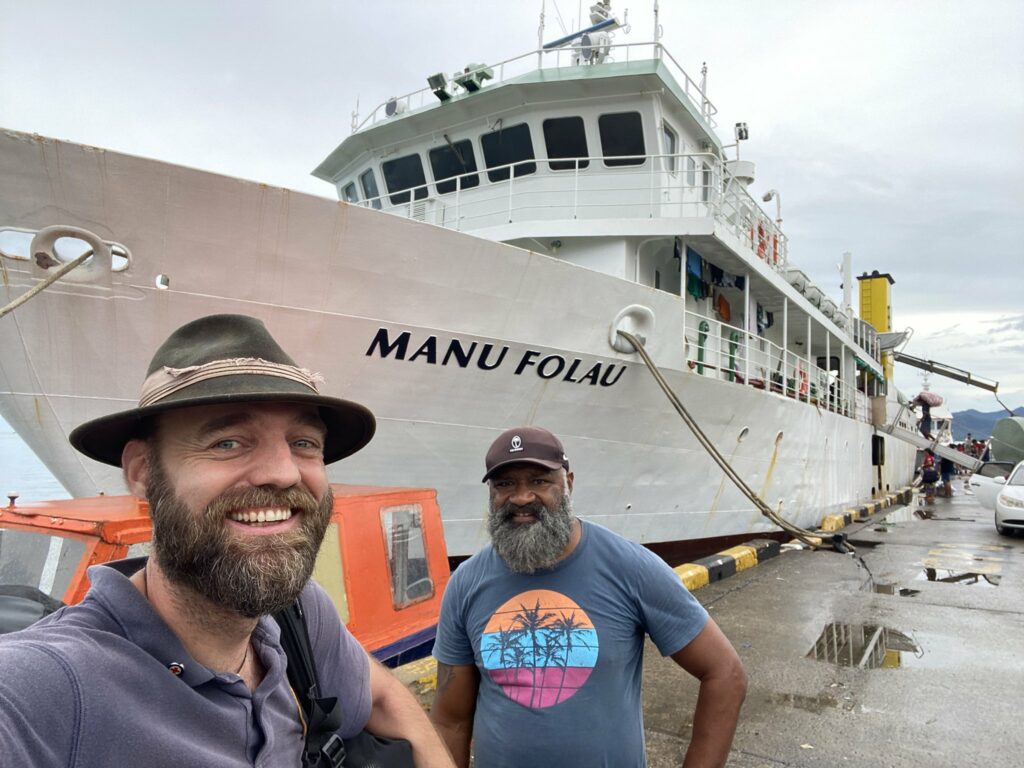
Undertaking a decade-long journey without flying required meticulous financial planning. Pedersen managed his expenses by adhering to a modest daily budget, often around $20, and leveraging partnerships with organizations like the Danish Red Cross. He utilized platforms like Couchsurfing and relied on the generosity of strangers for accommodation and meals. His frugal approach underscored the feasibility of long-term travel without substantial financial resources. Pedersen’s experiences challenge the notion that extensive travel is reserved for the wealthy, proving that determination and resourcefulness can open the world to anyone. His story encourages aspiring travelers to pursue their dreams, regardless of budget constraints.
The Unexpected Low Point: Tuvalu
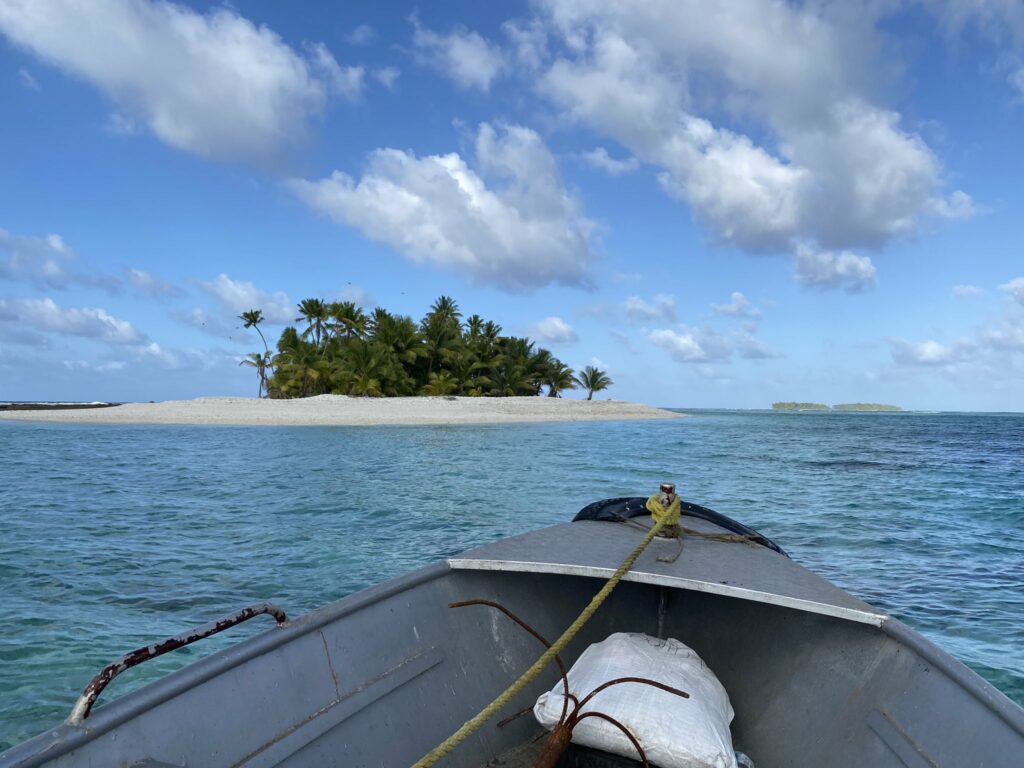
Among the 203 countries Pedersen visited, one stood out as particularly challenging: Tuvalu. Despite its picturesque landscapes and welcoming residents, Pedersen found the nation’s reliance on foreign aid and its precarious future concerning. He questioned the sustainability of continued investments in a country facing existential threats from climate change. Pedersen’s experience in Tuvalu prompted him to reflect on the broader implications of supporting nations with uncertain futures. His observations sparked discussions about the efficacy of international aid and the importance of long-term planning. While his critique was not directed at the people of Tuvalu, it highlighted the complexities of global support systems.
Tuvalu’s Environmental Challenges
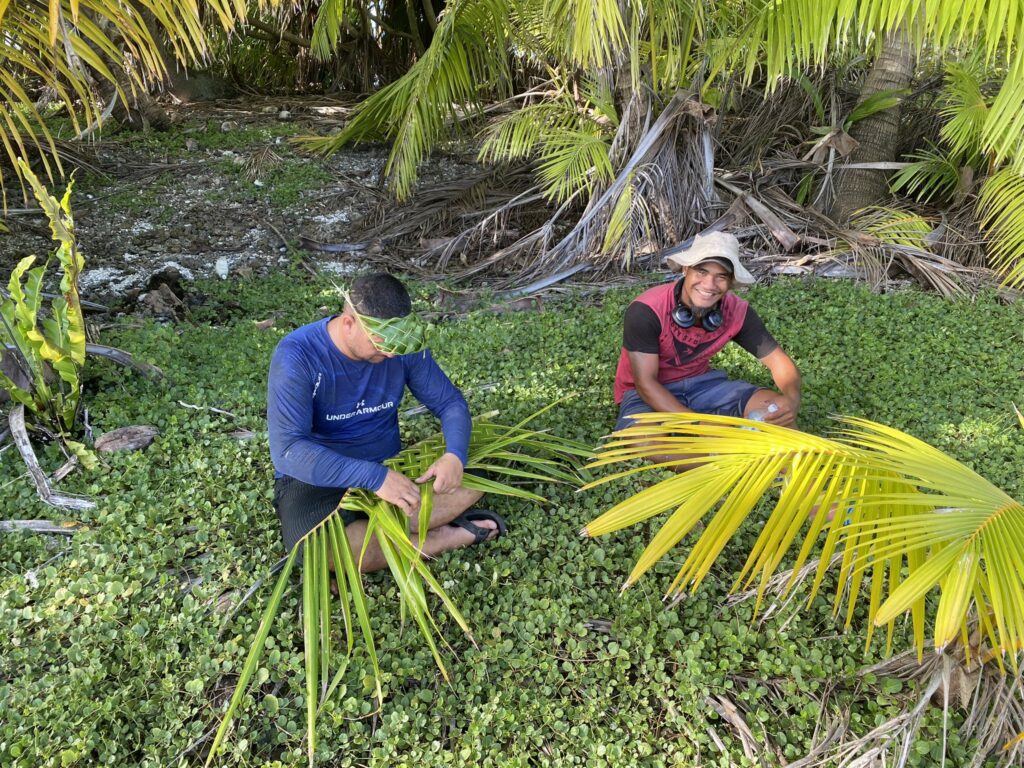
Tuvalu, a small island nation in the South Pacific, is among the countries most vulnerable to climate change. Rising sea levels threaten to submerge its low-lying atolls within the next century. The United Nations has identified Tuvalu as extremely susceptible to the adverse effects of global warming. The nation’s predicament underscores the urgent need for comprehensive climate action and sustainable development strategies. Tuvalu’s situation serves as a stark reminder of the tangible impacts of environmental neglect. Addressing these challenges requires global collaboration and a commitment to preserving vulnerable communities.
Rethinking International Aid
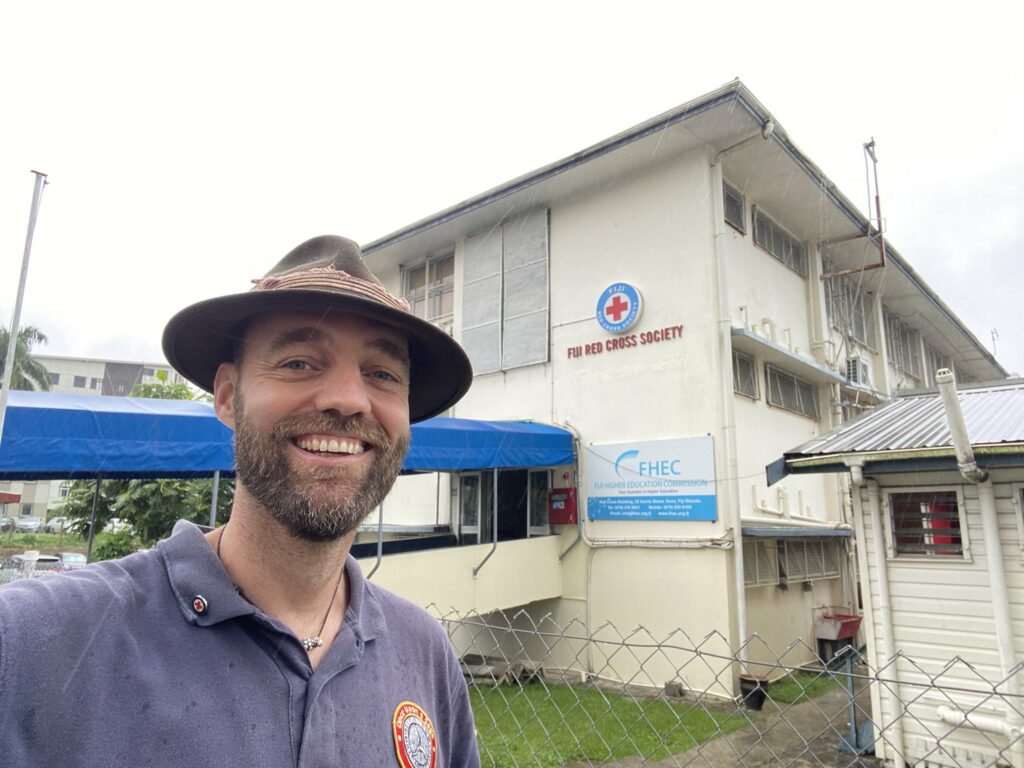
Pedersen’s critique of Tuvalu centers on the allocation of international aid to nations facing inevitable environmental decline. He advocates for proactive measures, such as facilitating the relocation of residents and investing in sustainable infrastructure elsewhere. This perspective encourages a reevaluation of how aid is distributed and utilized. By focusing on long-term solutions, the international community can better support populations at risk. Pedersen’s insights contribute to ongoing debates about the most effective ways to assist countries confronting existential threats. His experiences highlight the importance of aligning aid with realistic and forward-thinking strategies.
The Broader Implications
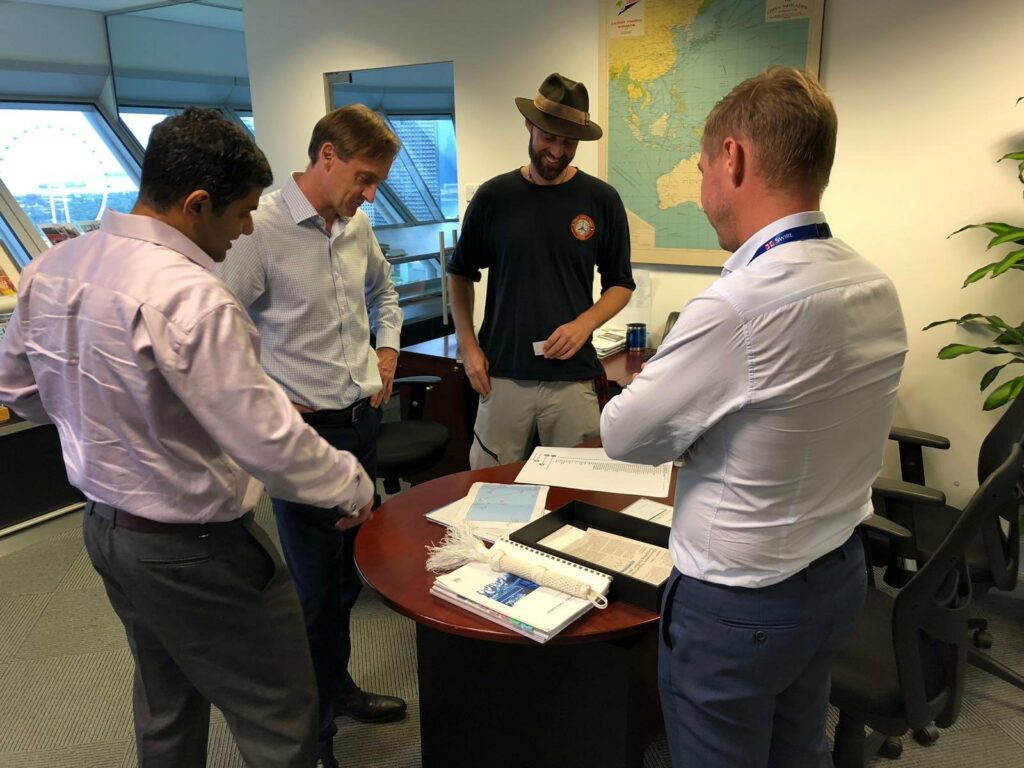
Pedersen’s journey offers valuable lessons about resilience, adaptability, and the complexities of global interdependence. His experiences in Tuvalu and other nations underscore the importance of sustainable development and proactive planning. By sharing his observations, Pedersen invites a broader conversation about the responsibilities of the international community. His story serves as a catalyst for discussions on environmental policy, aid distribution, and the future of vulnerable nations. Through his travels, Pedersen has illuminated the interconnectedness of global challenges and the need for collective action. His insights continue to inspire and inform efforts toward a more sustainable and equitable world.
What Pedersen Hopes People Take Away
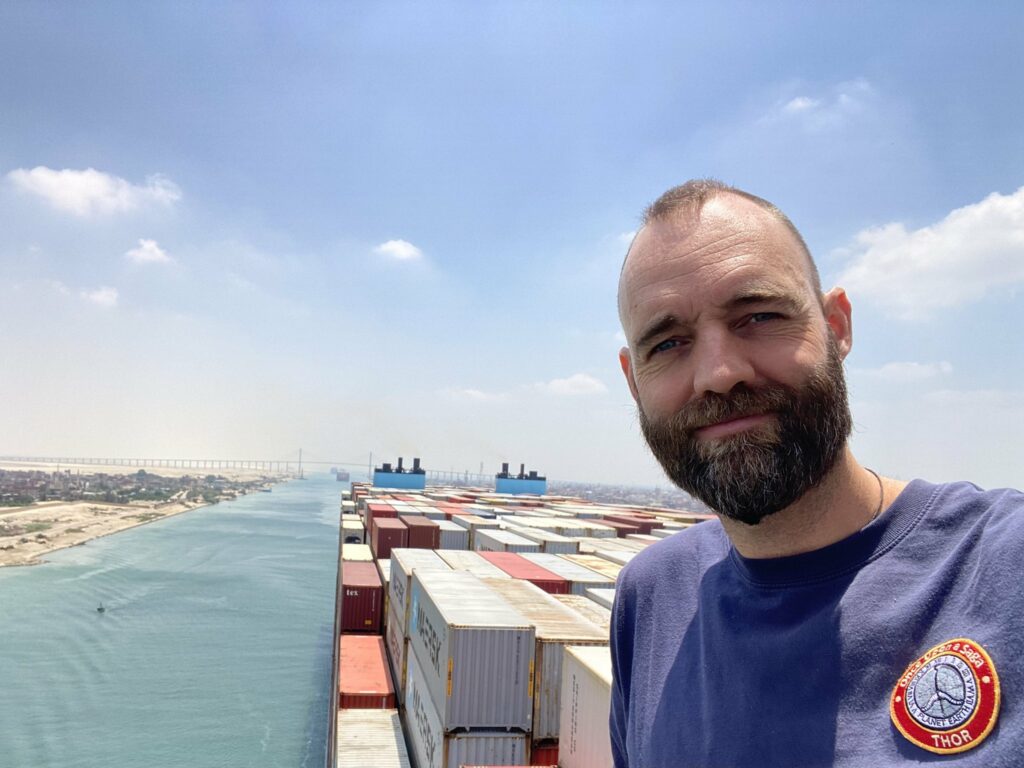
Thor Pedersen didn’t just set out to visit every country for bragging rights. He hoped his journey would spark deeper conversations. One of his biggest goals was to encourage curiosity about the world and its people. He wants others to understand that travel can build empathy and awareness. Pedersen also believes more thoughtful travel can change how we treat the planet. By sharing his experience, especially about the worst country he visited, he invites people to think beyond postcards and beaches. For him, the journey was always about connection, reflection, and growth.
Reflecting on a Remarkable Journey
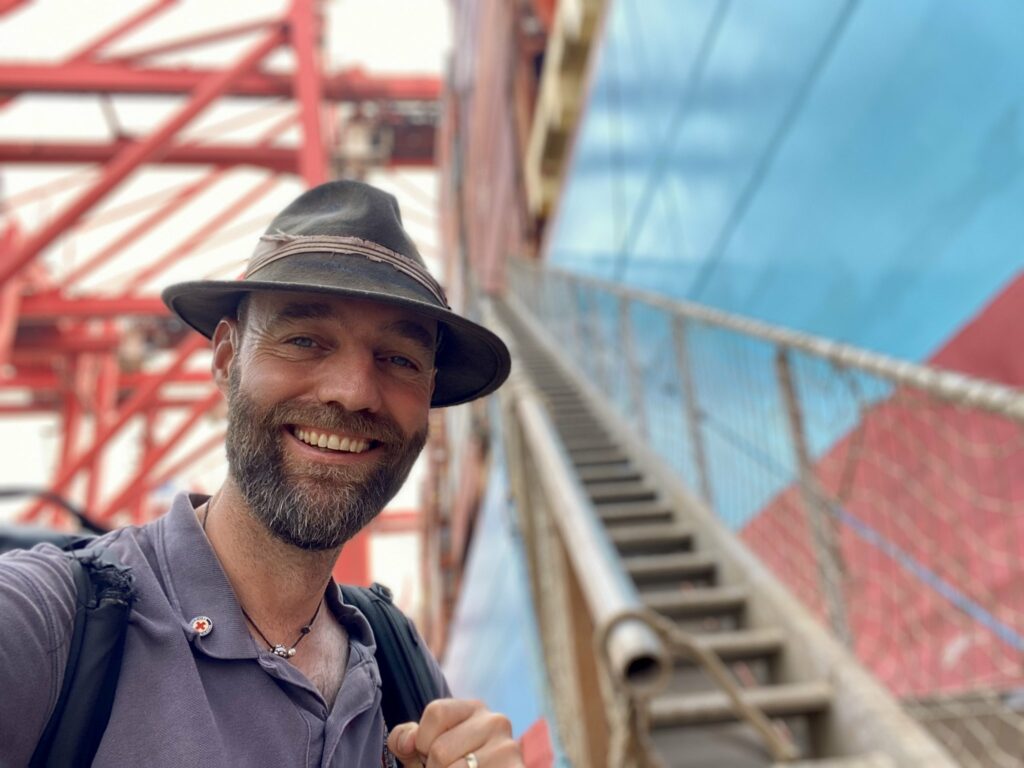
Thor Pedersen’s decade-long expedition stands as a testament to human determination and the spirit of exploration. His commitment to traveling without flying offered unique perspectives on the world’s diverse cultures and landscapes. While his critique of Tuvalu sparked debate, it also highlighted critical issues facing many nations today. Pedersen’s experiences encourage a reevaluation of how we approach travel, aid, and environmental stewardship. His journey reminds us of the profound connections that bind humanity and the shared responsibility to address global challenges. As we reflect on his story, we are inspired to consider our roles in shaping a more sustainable future.
News in the same category


Mosquitoes Rain From The Sky Over Hawaii—Scientists Explain Why

Nasa Tracks Plane-Sized Asteroid Speeding Toward Earth At 47,000 Mph

Two-Year-Old Boy Bites Cobra To Death After Snake Coils Around His Hands In India

Four Famous Psychics Warn World War III Could Begin By End Of 2025

Eat Just 3 of These Daily and Watch What Happens to Your Body
. Their ability to benefit nearly every major system in the body - from the heart and liver to the brain and bones - makes them a powerful ally in maintaining health and vitality.

Psychic who suffered near-death experience reveals shocking truth about the afterlife
A psychic has detailed about afterlife after claiming to have experienced the feeling "dea@th" four times.
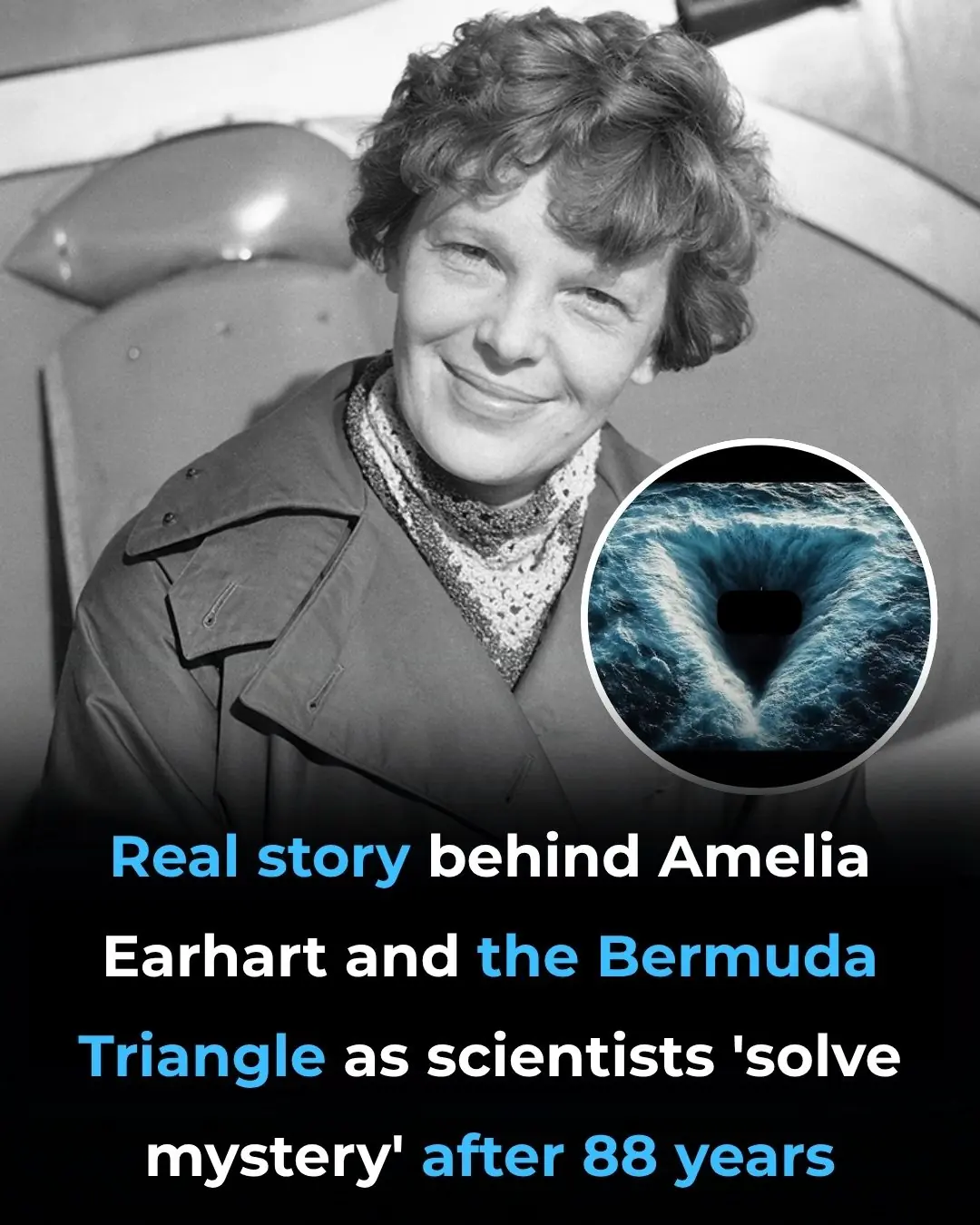
Real story behind Amelia Earhart and the Bermuda Triangle as scientists 'solve mystery' after 88 years

Airlines forced to cancel flights after 'Japanese Baba Vanga' predicts catastrophic disaster
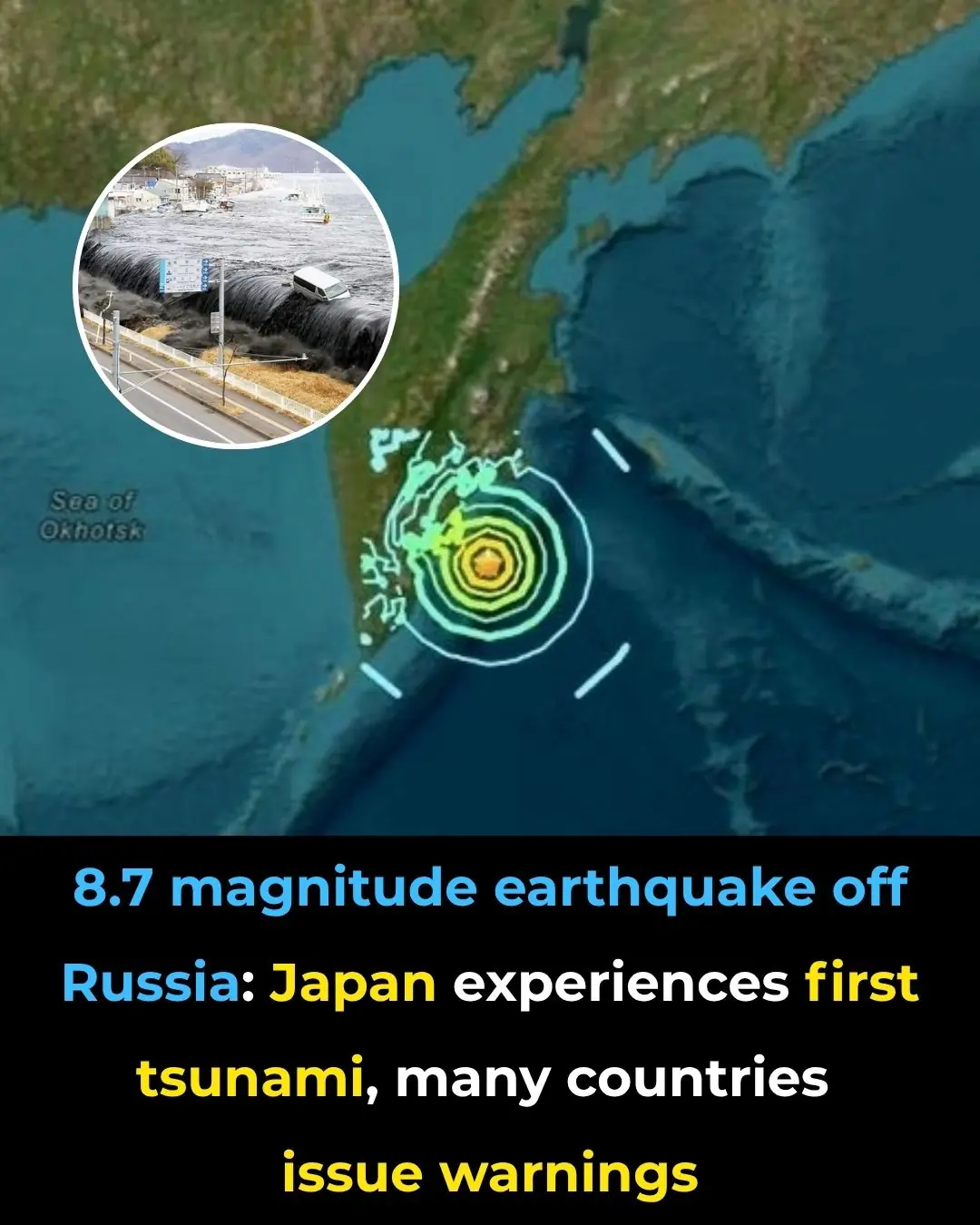
8.7 magnitude earthquake off Russia: Japan experiences first tsunami, many countries issue warnings

Internet Meltdown: 37.4TB DDoS Attack Slams One IP in Just 45 Seconds!
The 7.3 Tbps attack is not just a record - it is a warning.
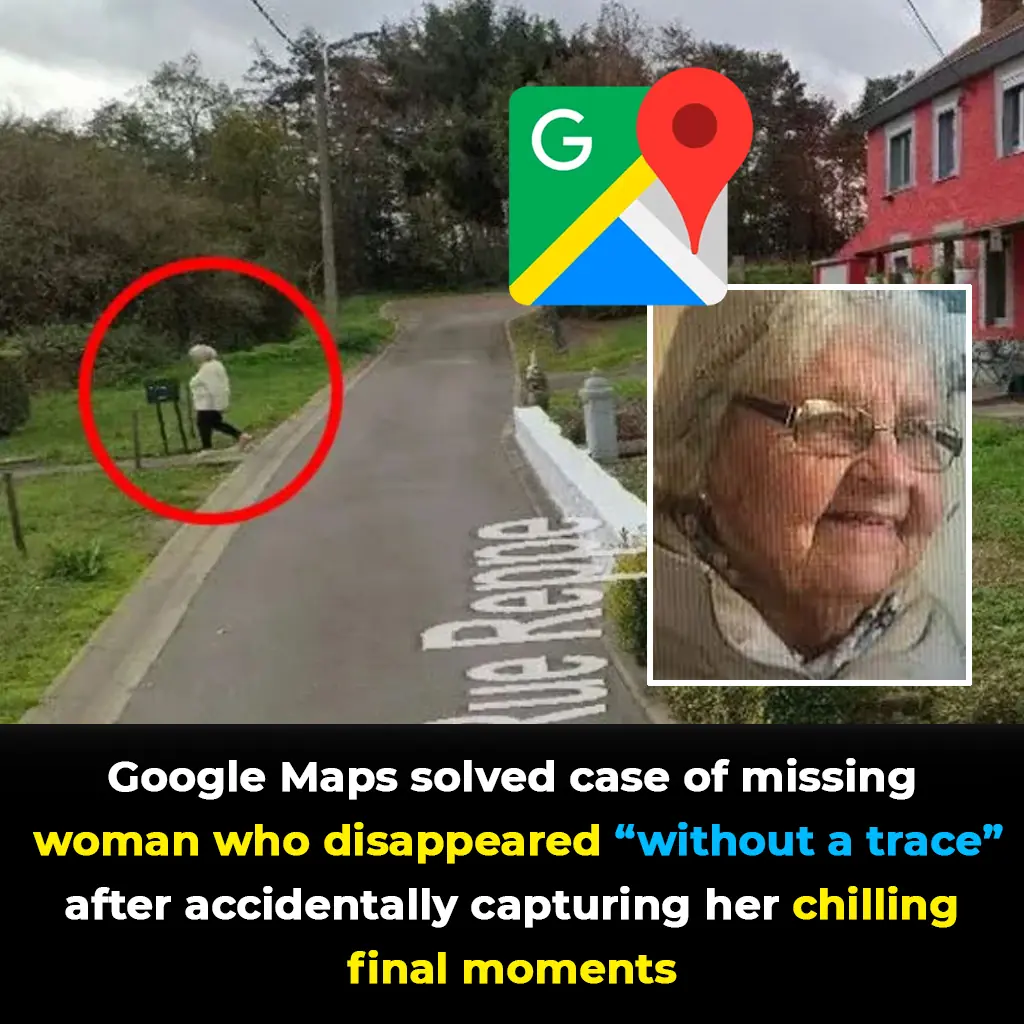
Google Maps Solves Chilling Mystery of Missing Woman - Captured Her Final Moments by Accident
The story resurfaced in a video uploaded by a YouTube channel, sparking a wave of disbelief and emotion online.

What Causes Those Strange Ripples In Your Jeans After Washing?
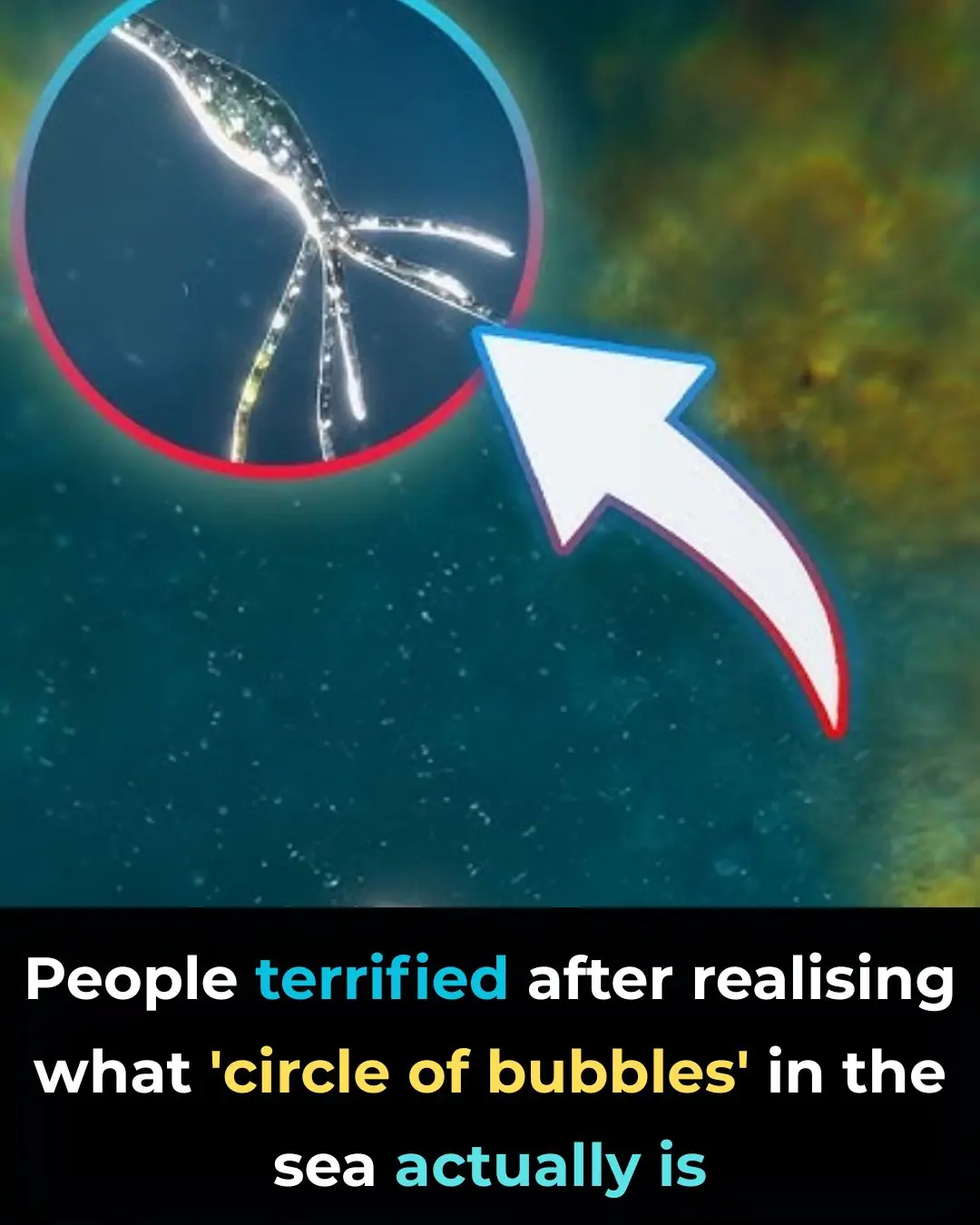
Terrifying Truth Behind Mysterious ‘Circle Of Bubbles’ In The Ocean Revealed

People Stunned After Learning The True Meaning Behind ‘SOS’ — It’s Not What You Think
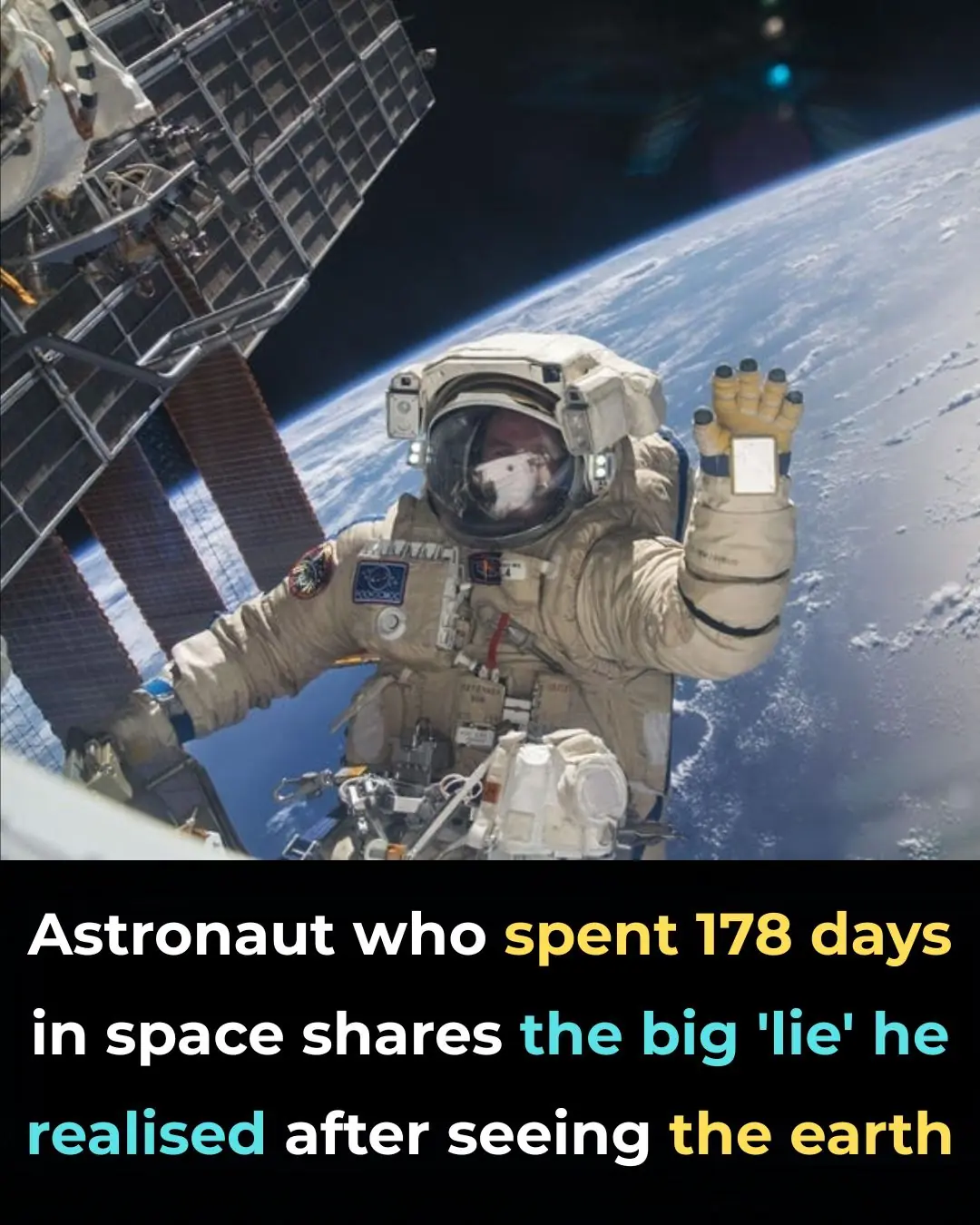
After Spending 178 Days In Space, Astronaut Shares a ‘Lie’ He Realized After Seeing Earth

People Shocked To Learn What The Small Metal Bump Between Scissor Handles Is Actually For

Scientists Use AI And Ancient Linen To Reveal What Jesus May Have Truly Looked Like
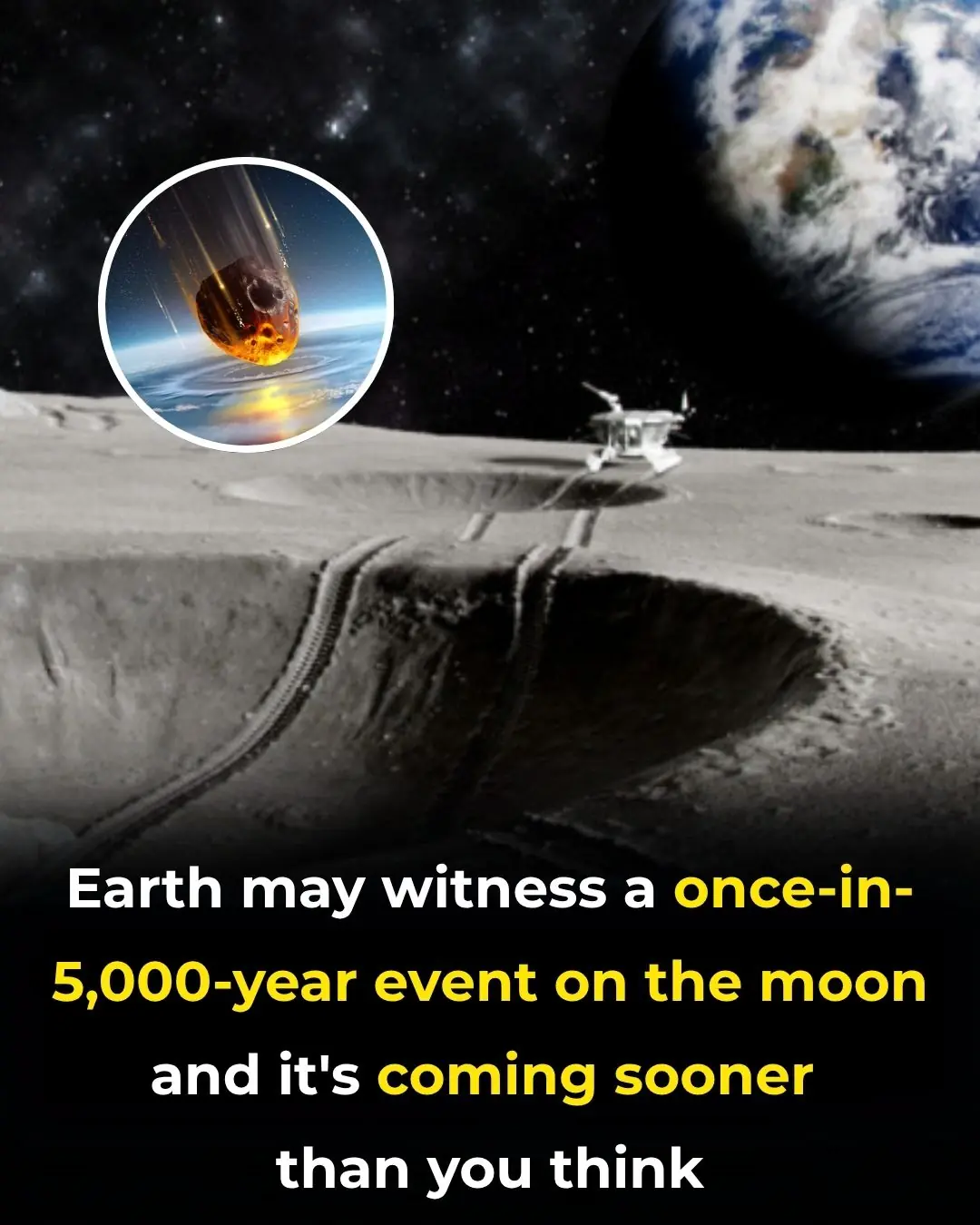
Earth may witness a once-in-5,000-year event on the moon and it's coming sooner than you think

AI is willing to kill humans to avoid shutdown as chilling new report identifies 'malicious' behaviour
News Post

She held on, certain they would come back. Yet as days turned into weeks, her strength waned—until a fresh kind of love unexpectedly entered her life.

The Hidden Light In Your Hands That Shouldn’t Be Dimmed

Mosquitoes Rain From The Sky Over Hawaii—Scientists Explain Why

Doctor Shares 30-Second Hand Test That Could Reveal Hidden Brain Tumor

Nasa Tracks Plane-Sized Asteroid Speeding Toward Earth At 47,000 Mph

Groundbreaking Research: Reversing Memory Loss In Alzheimer’s Disease Without Removing Plaques
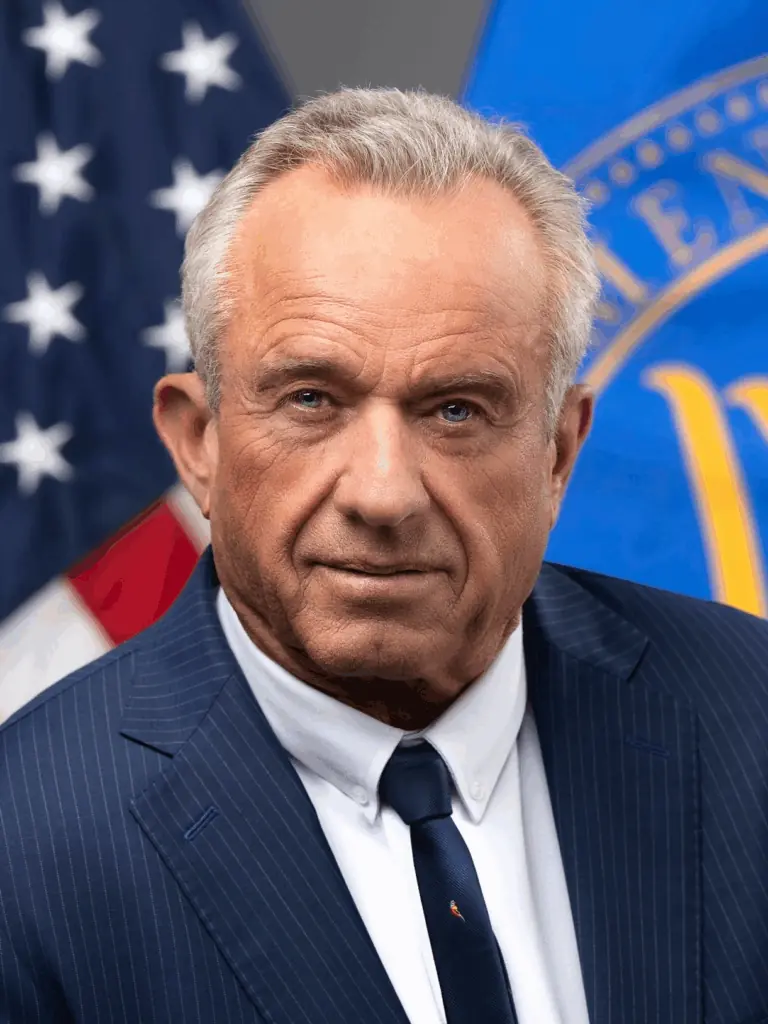
Rfk Jr. Raises Health Concerns Over 5G, Says It May Affect Brain Function And Cancer Risk

Two-Year-Old Boy Bites Cobra To Death After Snake Coils Around His Hands In India

Four Famous Psychics Warn World War III Could Begin By End Of 2025

Abandoned puppy was found in terrible shape — see his incredible transformation one year later in the comments 🥹

Eat Just 3 of These Daily and Watch What Happens to Your Body
. Their ability to benefit nearly every major system in the body - from the heart and liver to the brain and bones - makes them a powerful ally in maintaining health and vitality.

Psychic who suffered near-death experience reveals shocking truth about the afterlife
A psychic has detailed about afterlife after claiming to have experienced the feeling "dea@th" four times.

Blood Type O Diet: What to Eat and What to Avoid

5 Everyday Habits That Are Slowly Destroying Your Liver (Without You Realizing It)

Blood Clot in Leg: Signs and Symptoms You Shouldn’t Ignore

Real story behind Amelia Earhart and the Bermuda Triangle as scientists 'solve mystery' after 88 years

Airlines forced to cancel flights after 'Japanese Baba Vanga' predicts catastrophic disaster

8.7 magnitude earthquake off Russia: Japan experiences first tsunami, many countries issue warnings

After Seeing Her Husband's Photo with a Pregnant Stranger, Nadya Chose Silence – But What Happened Next Was Sh0cking
It was unthinkable! How could this be happening? Nadezhda thought, staring at a photograph of a young pregnant woman sitting on her husband’s lap, smiling, and clinging to him. Twenty-five years of marriage... and now this? Her heart tightened painfully

I Went Undercover as a Homeless Person to Test My Granddaughter's Fiancé – What I Found Was Beyond Sh0cking
I dressed in old, ragged clothes, hid my face beneath a weathered hat, and stood on the street like a beggar—just to see what kind of man my granddaughter was marrying. I thought I was prepared for anything, but what happened next left me speechless and